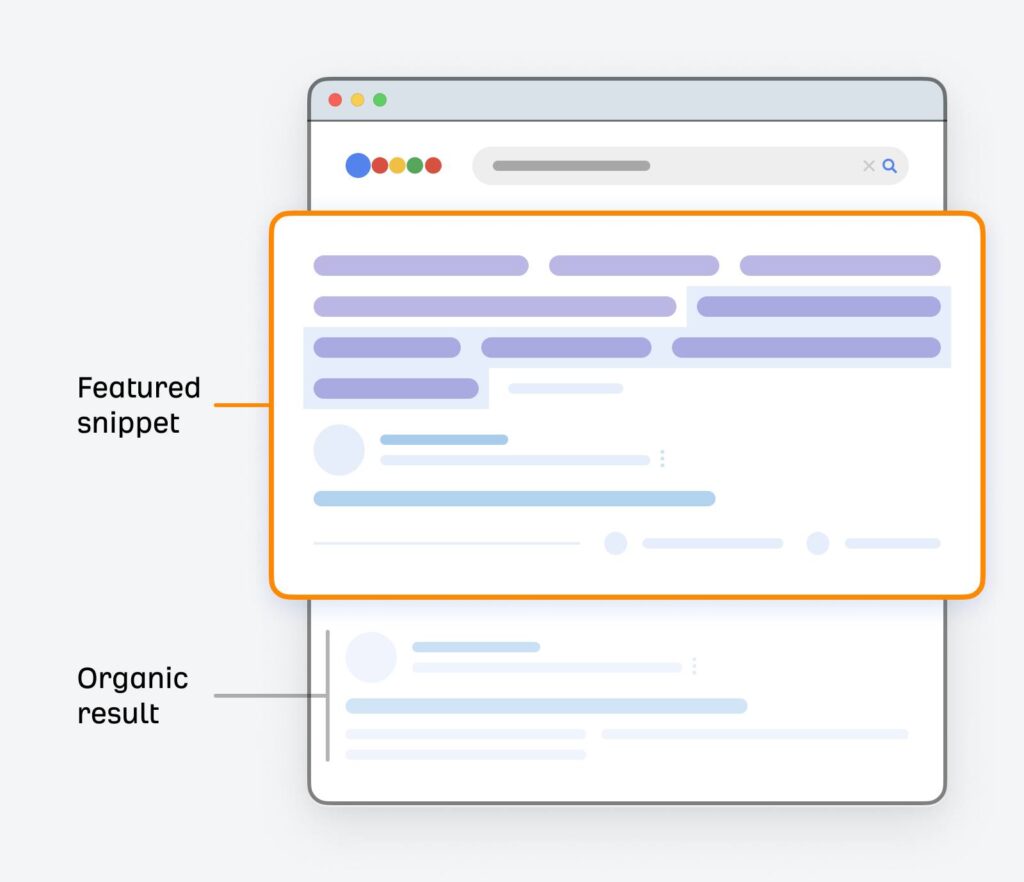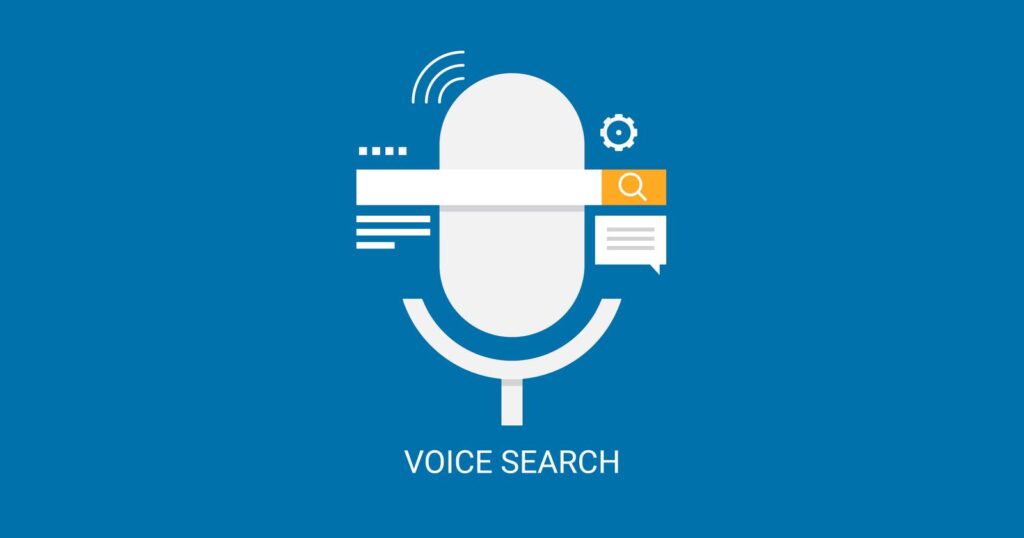SEO service for small businesses improve online visibility and drive organic traffic. We enhance search engine rankings, leading to more potential customers.
Small businesses often struggle to compete with larger companies online. Effective SEO strategies can level the playing field. By optimizing website content, improving site speed, and building quality backlinks, small businesses can attract more local customers. Keyword research ensures that the content aligns with what potential clients are searching for.
Local SEO focuses on community engagement and local listings, making it easier for customers to find you. Regularly updated content keeps your website relevant. Investing in SEO services helps small businesses grow their online presence, driving more traffic and increasing sales.

Why Need SEO Service for Small Business?
SEO helps people find your website. It boosts your online presence. Small businesses need SEO to grow. It attracts more visitors. More visitors mean more potential customers. SEO improves your site’s ranking on search engines. Higher ranking means more visibility. Visibility leads to trust. Trust can convert visitors into customers. Small businesses benefit greatly from good SEO. It’s cost-effective and long-lasting.
Small businesses often face SEO challenges. Budget constraints are common. Limited resources can hinder efforts. Competition with big companies is tough. Understanding SEO takes time. SEO needs constant updates. Search engines change their algorithms.
Keeping up can be hard. Tracking results requires tools. Tools can be expensive. Finding the right keywords is tricky. Keywords should match what customers search for. Local SEO is also crucial. Small businesses need to focus on local searches.
Keyword Research
Effective keyword research is crucial for small businesses seeking to enhance their SEO strategy. By identifying relevant keywords, businesses can improve their online visibility and attract more targeted traffic.
Finding The Right Keywords
Small businesses need to find the best keywords. These keywords help attract more visitors. Relevant keywords improve search engine rankings. Use tools like Google Keyword Planner. Check what keywords your competitors use. Look for keywords with low competition and high search volume. Keep a list of these keywords. Update this list regularly.
Using Long-tail Keywords
Long-tail keywords have more than three words. They are more specific. These keywords often have lower competition. They attract a more targeted audience. For example, use “best pizza places in New York” instead of “pizza”. Long-tail keywords help small businesses rank higher. They also improve conversion rates. Always include these keywords in your content. Update them as trends change.
On-page SEO
Boost your small business with expert on-page SEO services. Improve search engine rankings, drive organic traffic, and enhance online visibility effortlessly.
Optimizing Meta Tags
Meta tags are important for SEO. They help search engines understand your content. Use relevant keywords in your meta title and description. Keep the meta title under 60 characters. The meta description should be under 160 characters. This ensures your tags are not cut off in search results. Use unique meta tags for each page.
Improving Content Quality
High-quality content is key to good SEO. It should be informative and engaging. Use clear and simple language. Avoid long sentences. Break content into small paragraphs. This makes it easy to read. Add images and videos to enrich the content. Use headers and subheaders to organize the text. This helps readers and search engines. Update content regularly to keep it fresh.
Technical Seo
Site speed is a crucial factor for SEO. Slow-loading websites can harm user experience. This can lead to higher bounce rates. Compress images to reduce loading times. Minimize the use of heavy scripts. Use a content delivery network (CDN) to distribute content faster. Regularly check your website’s speed with online tools.
Mobile optimization is essential for modern websites. More users browse the web on mobile devices today. Ensure your website is responsive and fits various screen sizes. Simplify navigation for a better mobile experience. Avoid using flash as it is not supported on many mobile devices. Test your site on different mobile platforms.
Local Seo Strategies
Claim your Google My Business profile. Fill out all details. Add your business name, address, and phone number. Upload high-quality images. Respond to customer reviews. This helps your business appear in local searches.
Get your business listed in local directories. Examples include Yelp, Yellow Pages, and local chamber of commerce sites. Ensure your business details are consistent. This boosts your local search rankings. It also builds trust with search engines.
Link Building
Quality backlinks are very important for SEO. They help your site rank higher. These links come from trusted sites. These sites have good authority. Getting such links can be hard. But, they are worth the effort. They make your site more trustworthy.
Guest blogging is another way to get backlinks. Write articles for other blogs. They will link back to your site. This gives you more exposure. It also helps you reach a new audience. Your content should be valuable and unique. This will make other sites want to link to you.
Content Marketing
Small businesses need engaging content to attract customers. Use interesting stories to grab attention. Clear and simple language is important. Images and videos make content more attractive. Regular updates keep the audience interested. Customer feedback can inspire new content ideas. Interactive elements like quizzes can boost engagement. Always focus on the audience’s needs and interests.
Share content on social media platforms. Email newsletters help reach loyal customers. Use blogs and articles to share valuable information. Collaborate with influencers to expand reach. Guest posts on other websites can attract new visitors. SEO techniques help your content rank higher. Monitor performance to see what works best. Adjust strategies based on analytics and feedback.
Measuring SEO Success
Analytics tools help you track website performance. They show how many visitors your site gets. These tools can also show which pages are most popular. You can see where your traffic comes from. This information is useful for improving your strategy.
Google Analytics is a popular tool. It is free and easy to use. You can track bounce rates and conversion rates. These metrics show how well your site is doing.
Change your strategy based on the data. If a page has a high bounce rate, it needs improvement. Look for pages with high traffic. Focus on these pages to increase conversions.
Use A/B testing to find what works best. Try different headlines and images. Track which versions perform better. Make changes based on the results. This will help your site grow.
Frequently Asked Questions
How Much Should SEO Cost For A Small Business?
SEO for a small business typically costs between $500 to $2,000 per month. Prices vary based on services and agency expertise.
Is SEO Worth It For Small Businesses?
Yes, SEO is worth it for small businesses. It boosts online visibility, attracts local customers, and drives organic traffic.
How Much Does It Cost To Hire Someone For SEO?
Hiring someone for SEO typically costs between $750 to $2,000 per month. Rates vary based on expertise and project scope.
How Much Does It Cost To Pay Someone For SEO?
SEO services typically cost between $750 to $2,000 per month. Hourly rates range from $80 to $200. Prices vary based on expertise.
Conclusion
Boosting your online presence is crucial for small businesses. Effective SEO strategies can drive traffic and increase visibility. Implementing these techniques will help you stay competitive. Invest in quality SEO services today to see long-term growth. Make your small business stand out in the crowded digital marketplace.






